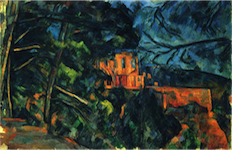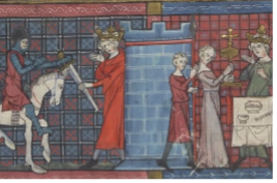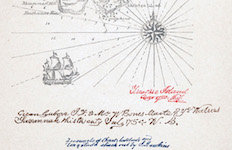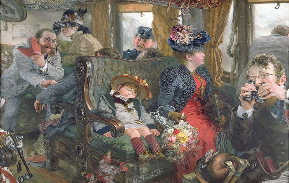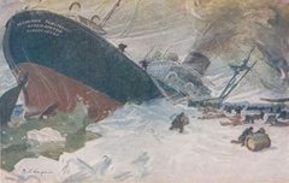Adventure and Social Order
This focus area addresses a question posed by Hegel in his Lectures on Aesthetics: What meaning can the term "adventure" still hold in a modern society which is predicated on legal constraints and regulations?
In view of a long term history of adventure, the research group traces the underlying problem back to the earliest forms of literature. In antiquity and in the Middle Ages, the foundational texts of the paradigm intentionally weakened any narrative teleology and emphasised the influence of chance, thereby leading one to ask how narrative order and social order relate to each other. This question opens up new lines of enquiry: At what point does the adventurer stop bringing about order and start to disrupt it instead? When does the chevalier errant turn into a frenzied or mad knight, a Glücksritter, "gentleman of fortune", and ultimately even into a criminal?
In the modern novel, a connection between the pursuit of adventure and delinquency is established as a result of the decay of the chivalrous âventiure. This becomes particularly virulent in the picaresque tradition, which shows narrative form to be a direct figuration of social phenomena by relating loose narrative structure to a correspondingly loose adherence to social rules. Suspicious first-person narrators also seem to undermine the narrative monopoly on violence in this form of narration. In modernity, the affinity between adventure and delinquency can be examined from two different sides: On the one hand, adventure develops into an ideology that legitimises war and violent crime, but on the other hand, due to its radical breach of the restrictive rules of society, the adventurous comes to be associated with a form of crime which promises freedom.


